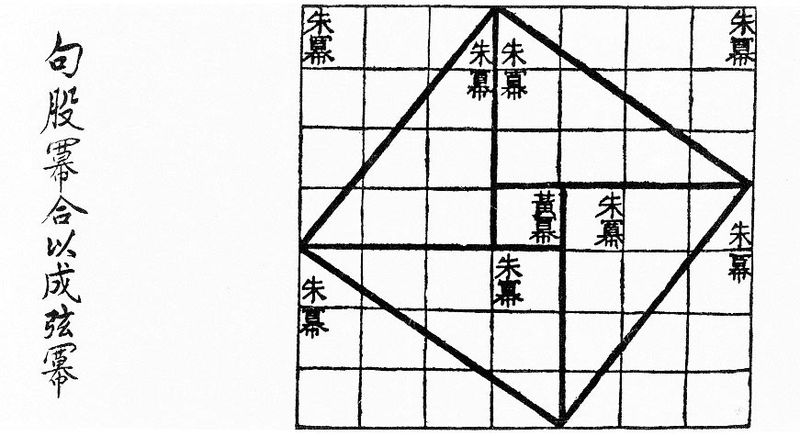Birth of Joseph Needham
Joseph Needham, one of the twentieth century’s most remarkable scholars, was born on December 9th, 1900.

Joseph Needham was one of the twentieth century’s most remarkable scholars, a biochemist and authority on the history of science, in particular in China, whose colossal Science and Civilisation in China was published by Cambridge University Press in sixteen volumes from 1954 on. He wrote the great bulk of it himself and his obituary in The Times remarked that a single volume of it would have made any sinologist’s reputation for life. The Independent compared him favourably with Erasmus and Aristotle. His essays fill close on twenty volumes (‘The Prenatal History of the Steam Engine’, for example, runs to sixty-seven pages) and he wrote or co-wrote books on subjects from embryology and biochemistry to the history of acupuncture and Korean clocks. He and his biochemist wife Dorothy Moyle were the first married couple ever both to be fellows of the Royal Society. His lengthy entry in Who’s Who exhaustively listed his visiting professorships and distinguished lectureships in universities from Colombo to Kyoto, Paris and Peking.
Noël Joseph Terence Montgomery Needham was the only child of Joseph Needham, a Harley Street specialist in anaesthetics, and his wife Alicia. The family had a house in Clapham. Young Joseph went to Oundle and Cambridge University, where in 1933 he succeeded J.B.S. Haldane as reader in biochemistry. By then he had already published his three-volume, million-word book on Chemical Embryology, with an introduction elucidating the history of the subject since Ancient Egypt.
A large, friendly, approachable, untidy person, left-wing in his politics and described as going round looking like a badly made bed, Needham had a range of interests far wider than the academic norm. There were Chinese academics in the Cambridge biochemistry department and Needham, interested, learned Chinese. This achievement, which he described as ‘appearing odd, or even slightly reprehensible’ at the time, equipped him to spend 1942 to 1946 in China as head of a scientific mission attached to the British Embassy in Chongqing. One day he found a heap of forgotten books in a temple and discovered a fourth-century text containing material unknown to Western historians of chemistry. It was a crucial moment.
Needham, who became fluent in eight languages, acquired close contacts in Chinese academic circles and a strong sympathy for the Chinese Communist cause, and took back to Europe a huge collection of Chinese books and manuscripts, which formed the basis of his subsequent work. After the war he was briefly director of the natural science dept. of UNESCO, but his academic base was always Cambridge.
Needham was invited to Beijing in 1952 and, sympathetic to the Maoist regime and pathetically naïve and trusting, put his signature to a report which endorsed false accusations that the Americans had used germ warfare in Korea. The resulting row embarrassed him and harmed his reputation. He was Master of Gonville and Caius College from 1966 to 1976 and subsequently head of his own research institute at Cambridge, but not until 1992, when he was in his nineties, was he made a Companion of Honour. The award was felt by some to be inadequate and belated. He died at the age of 94 in 1995.




